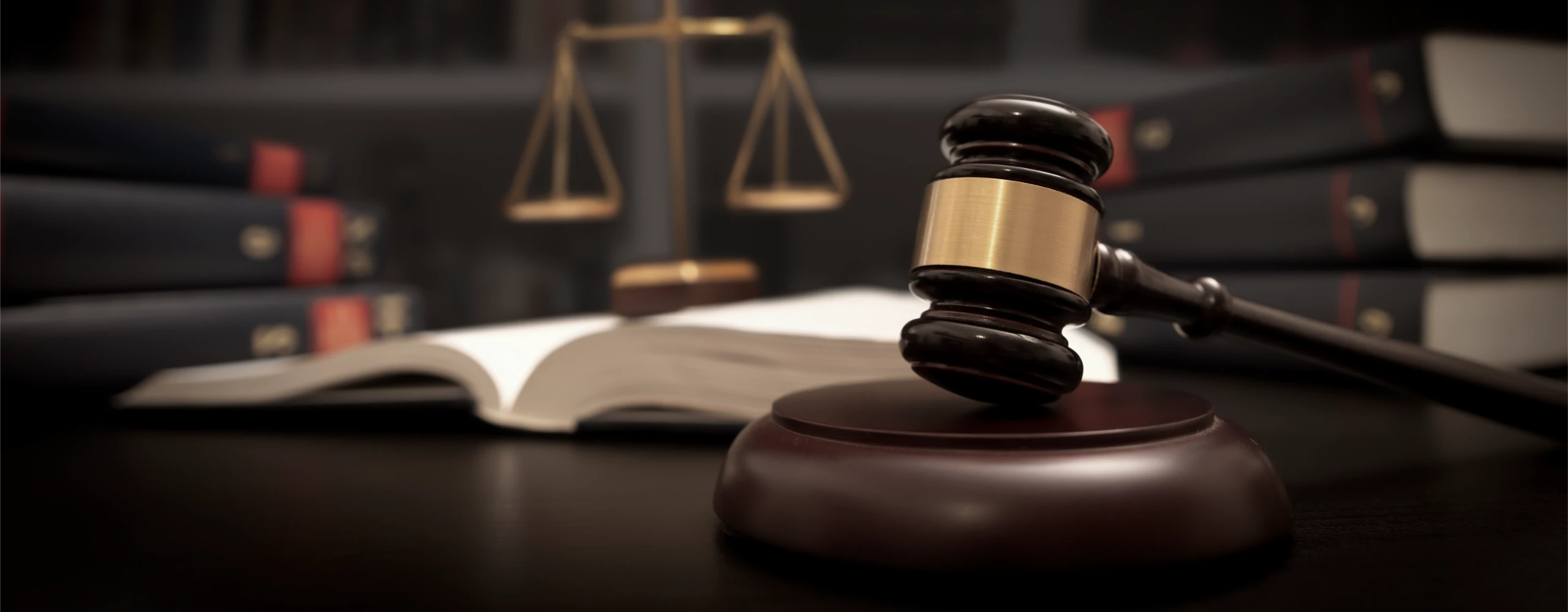Understanding the Extent of Liability of Members: The Separate Legal Entity Principle
What is a Separate Legal Entity?
A company incorporated under the Companies Act 2016 is recognized as having a separate legal personality, distinct from its members.
This means that the company is treated as a separate “person” in the eyes of the law, independent of its members (shareholders).
As a separate legal entity, the company can sue and be sued in its own name, the company can acquire, own, hold, develop or dispose of its property, and the company can enter into contracts and business transactions independently of its members1.
Limited Liability of Members Under Section 192
Section 192 of the Companies Act 2016 clearly outlines the extent of a member’s liability:-
- A member shall not be liable for an obligation of a company by reason only of being a member of the company.
- The liability of a member of a company is limited to –
- in the case of acompany limited by shares, any amount unpaid on a share held by the member;
- in the case of a company limited by guarantee, any amount which the member has undertaken to contribute to the company in the event of it being wound up;
- any liability expressly provided for in the constitution of the company; and
- any liability as provided for under this Act.
In Malaysia, it is common for companies to be registered as a company limited by shares, which means that, the member’s liability is limited to the extent of the amount of any unpaid shares held by the member (if any).
Responsibility for Debts and Obligations
A company, being a separate legal entity, is fully and solely responsible for its own debts and contractual obligations.
Members and directors are generally shielded from personal liability unless they have provided a personal guarantee. Similarly, the company’s assets belong solely to the company itself and not its members or directors. The members and directors cannot claim personal ownership over the company’s properties or assets.
When Can Members Be Held Personally Liable
The principle of separate legal entity creates a "corporate veil" that protects members and directors from personal liability.
However, there are exceptions under both statute and common law where this corporate veil may be lifted or pierced, exposing members or directors to personal liability.
Some provisions under the Companies Act and other legislations allow the corporate veil to be lifted in specific situations.
Under common law, the Court may lift or pierce the corporate veil, holding the member and/or director liable, if:-
- The company is used to circumvent legal obligations or to evade the law
- The company is a sham or façade used to commit fraud
- Where justice of the case requires the veil to be lifted
